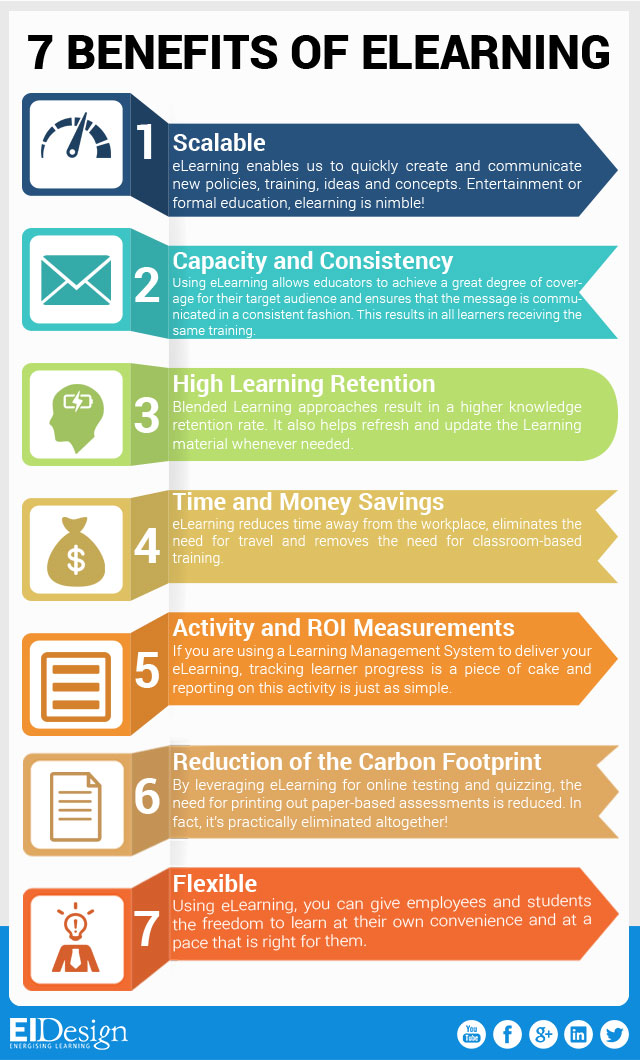E-learning has removed the geographic barrier of education. People from any parts of the world can learn with the help of a computer. They no longer need to go to the classrooms for learning. E-learning has proved to be an effective tool in many fields, including the legal industry. The law students are now reaping the benefits of e-learning. Many law schools are incorporating e-learning as part of their academic agenda.
Chris Stoy of the Fort Worth personal injury law firm Hutchison & Stoy does speaking events at universities around Texas and goes over e-learning. His typical speech goes over the following 8 areas that e-learning can help with law students:
1. Helps to learn outside of classroom
The computer-assisted exercises help students to learn even outside the classroom. This helps them in preparing for the exam. They can learn things in a classroom setting when they are not in class.
2. Create discussion groups
Discussion group is an important part of e-learning. Discussion groups can be created so that students can collaborate to complete their assignments. They won’t need to sit in the library for long hours for discussion. They can join the group from their homes.
3. Offers flexibility
You can get access to the computer-assisted exercises anytime. So, you can learn at your own convenient time, instead of a fixed class time. You can also learn at your own pace. If you don’t understand a lecture, you can go back to that lecture and start the exercises once you are ready.
4. Get online support
You can get help from your professors and peers online. This is much easier than waiting in your professor’s office. You can get online support any time of the day.
5. It saves time
Getting good grades in law school is not easy. You will have to study a lot. The bar exam also requires extensive preparation. Through e-learning, you can save your commuting time and spend more time studying.
6. It’s easy to track your progress
E-learning helps you to keep track of your progress. You can know which lectures you have completed, how you performed on your practice exams, what are your assignment deadlines, schedule of your exam, etc is.
7. A great learning experience
E-learning uses various interactive tools to make your learning experience better. It uses images, videos, newspaper clippings, graphs, etc. for teaching. There are forum and chat options that allow students to interact with each other and make it a better learning experience.
8. It’s cheap
It is cheaper than taking a traditional class. You don’t need a classroom space, desks, chairs, boards, etc. So, the course fee is usually cheaper in the case of e-learning.
E-learning is a big industry today. It is a very convenient option for a student to learn independently of their location. They can learn using different teaching techniques and it improves skill retention in students as they can learn at their own pace. You should consider e-learning as part of your law course and get good grades in your exams.













